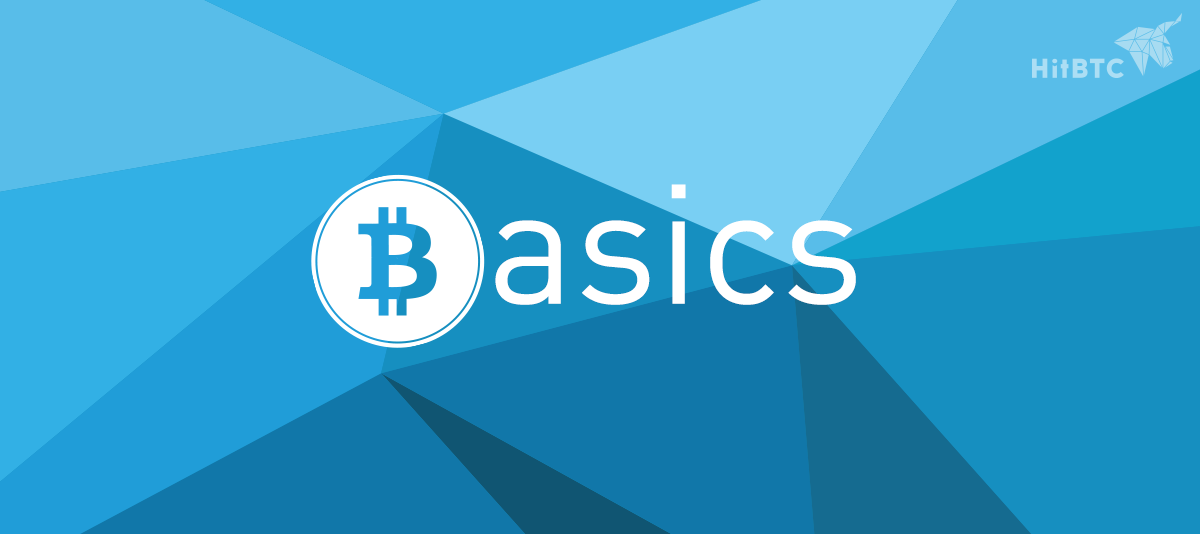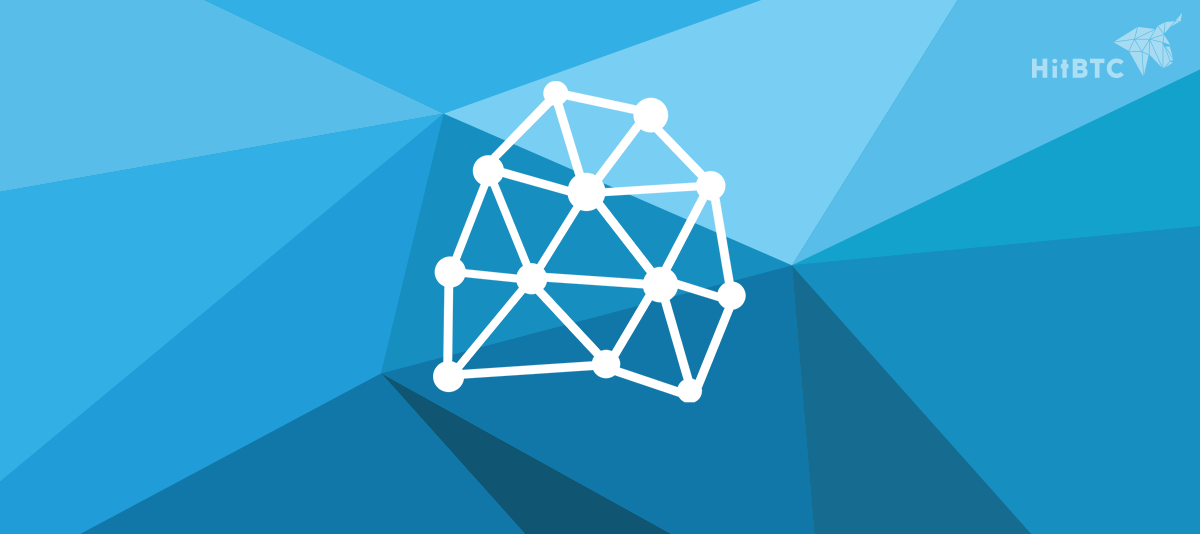Bitcoin for Beginners

If you’ve just come across Bitcoin and cryptocurrencies or just had an interest in the currency that stands for BTC now, let me explain it as simply as I can. I know that it might be a little bit confusing at first. When I came into contact with the subject of Bitcoin and Blockchain, I did not understand what was being said and how his thing could possibly work at the beginning. Hopefully I can explain it so it becomes clear.
What is Bitcoin?
Bitcoin is a digital currency. If you think about an email as a digital letter, Bitcoin can be viewed as digital cash. Similarly to other common currencies you can trade Bitcoins with others, purchase products and services or hold them. If you think about it, nowadays it is not that dissimilar to fiat currencies. How? Most people use debit or credit cards, so in the sense your money is already digital, stored in your bank account. Bitcoin too is digitally stored, however you do not need a middleman. The bank for example. You also do not need a central issuer – a government. Bitcoin is not issued or printed by anyone.
Also you might’ve heard that Bitcoin is anonymous. That is not strictly true. In fact the opposite.
Every transaction ever made on the blockchain will be recorded in the Bitcoin public ledger. Forever. They cannot be altered or deleted. Transactions cannot be reversed. There is a certain amount of Bitcoins that can exist, that number is 21 mln.
What makes it different from fiat currencies
- Bitcoin is a decentralized system
- There’s no physical cash
- Bitcoin isn’t controlled by an issuer
- There’s no need for a third party
As I already mentioned above Bitcoin is a decentralized system. What does this mean exactly? It means that there is no central authority that issues the coins or has control over them. Well if they are not issued, how do they come about you ask? Bitcoins are “made” through mining. Computers or nodes solve a mathematical problem and receive a reward (currently 25 BTC). The process of solving the problem is also confirming transactions in the blockchain.
Unlike Euros, Dollars or Yen, Bitcoin is digital, right now you cannot have physical Bitcoins in your wallet. Who knows, that might change in the future.
The main thing that makes Bitcoin different is the lack of a third party. You are not reliant on a country or issuer. The network itself confirms the existence of every coin. So far that has not been able to be manipulated. Right now Bitcoin is still very new compared to other currencies and the price is very volatile. I see a big change in that though. The more users Bitcoin will have the more stable the price will become. It takes away relying on a government for your money. Fiat currencies are regularly manipulated with, issuers print more cash whenever they feel like it and it makes you wonder – how long can this system be sustainable?
Understanding Bitcoin
You might think why this has to be so complicated. The set 21 mln Bitcoins ever. The process of mining. Blockchain and the confirmations. What are they for?
The problem with digital currencies was double spending. How could you know that someone wouldn’t just use the digital currency twice? How would you know that someone wouldn’t just download another million coins and then send them to anyone? This is why bitcoin is a public ledger. That is basically a book of records. To solve the double spend problem that book was made public. If everyone can see it, you wouldn’t be able to send the same coins twice. This is also why the whole system is decentralized. With a centralized and private system you have no way of knowing how much money is actually printed.
Blockchain technology will bring us many innovative opportunities and solutions. It can be used as a platform for many wondrous technological improvements. For example smart contracts – you can cut down the cost and the need for notaries. It also gives way to new e-governance systems. Bitnation is already working together with many countries and associations to make this a reality. There are many other altcoins also built on blockchain.
I know I may have gone a bit far and too complex with my explanations but this is important stuff. This is revolutionary.

